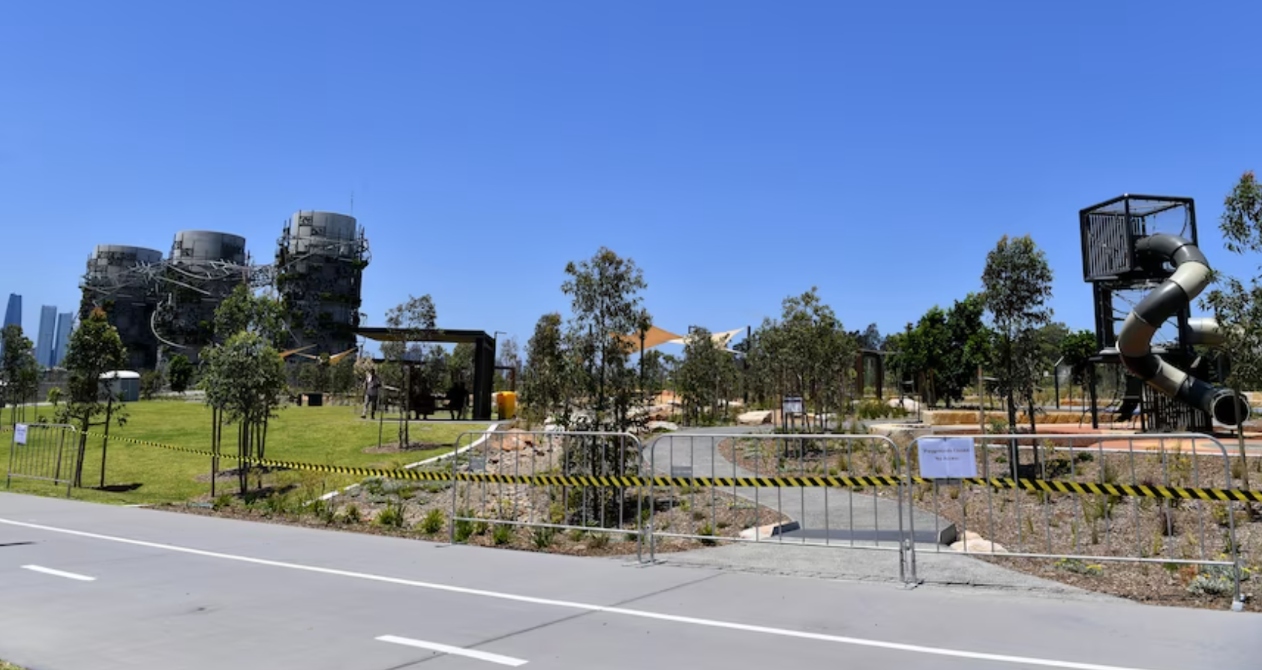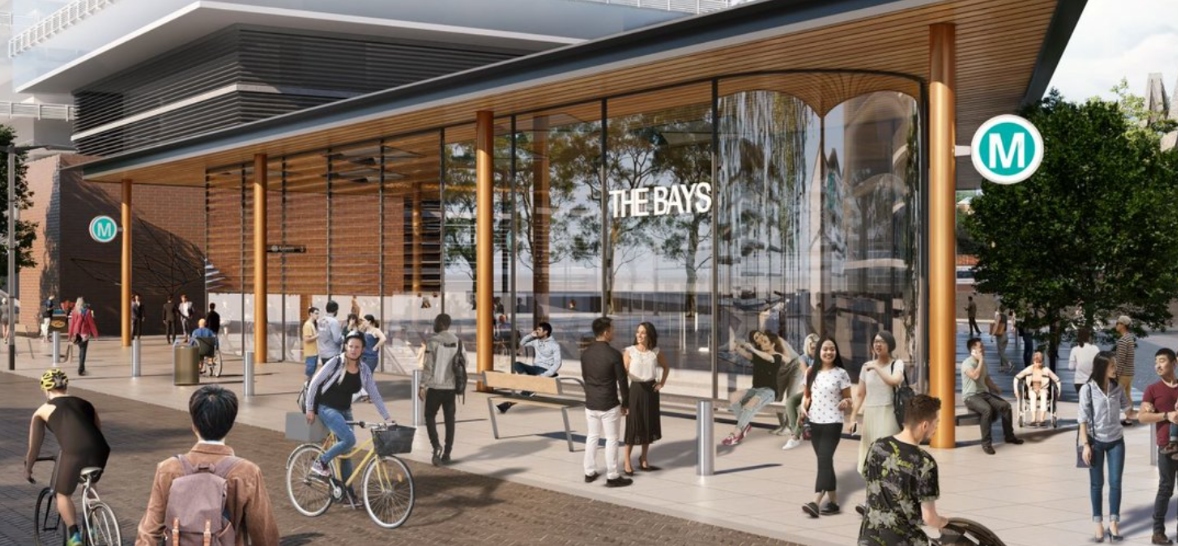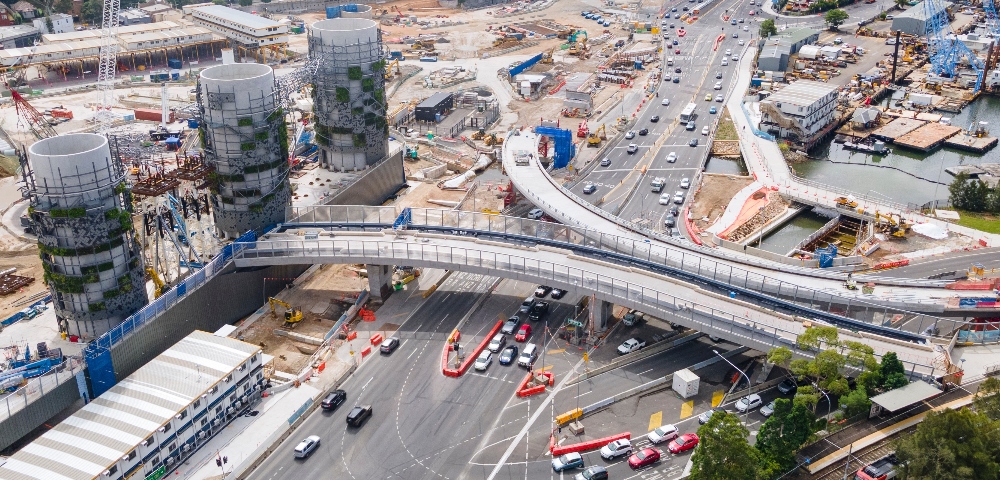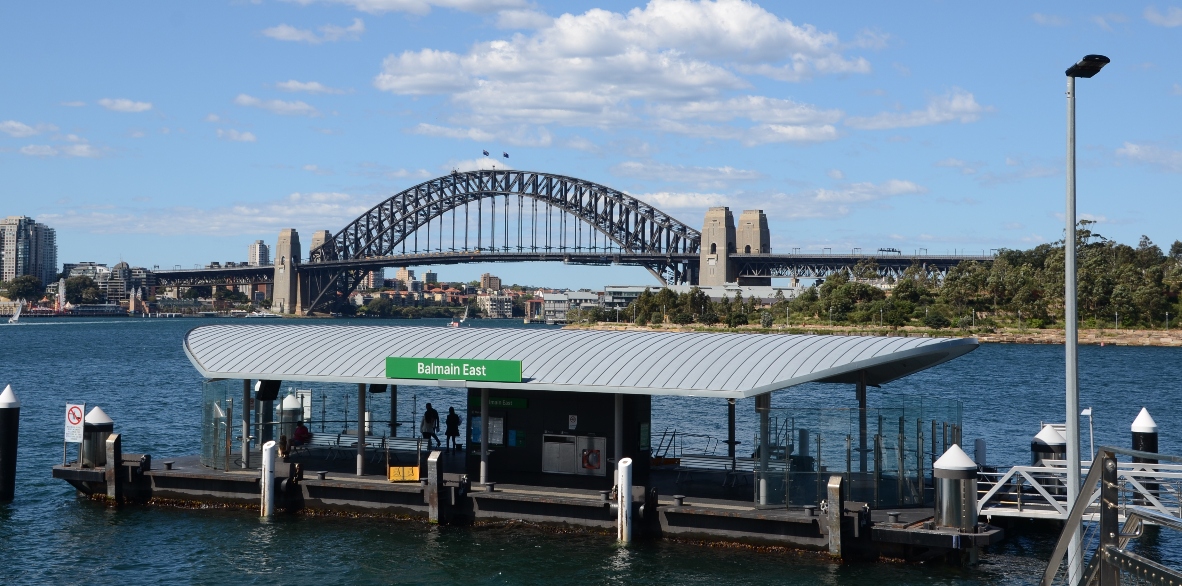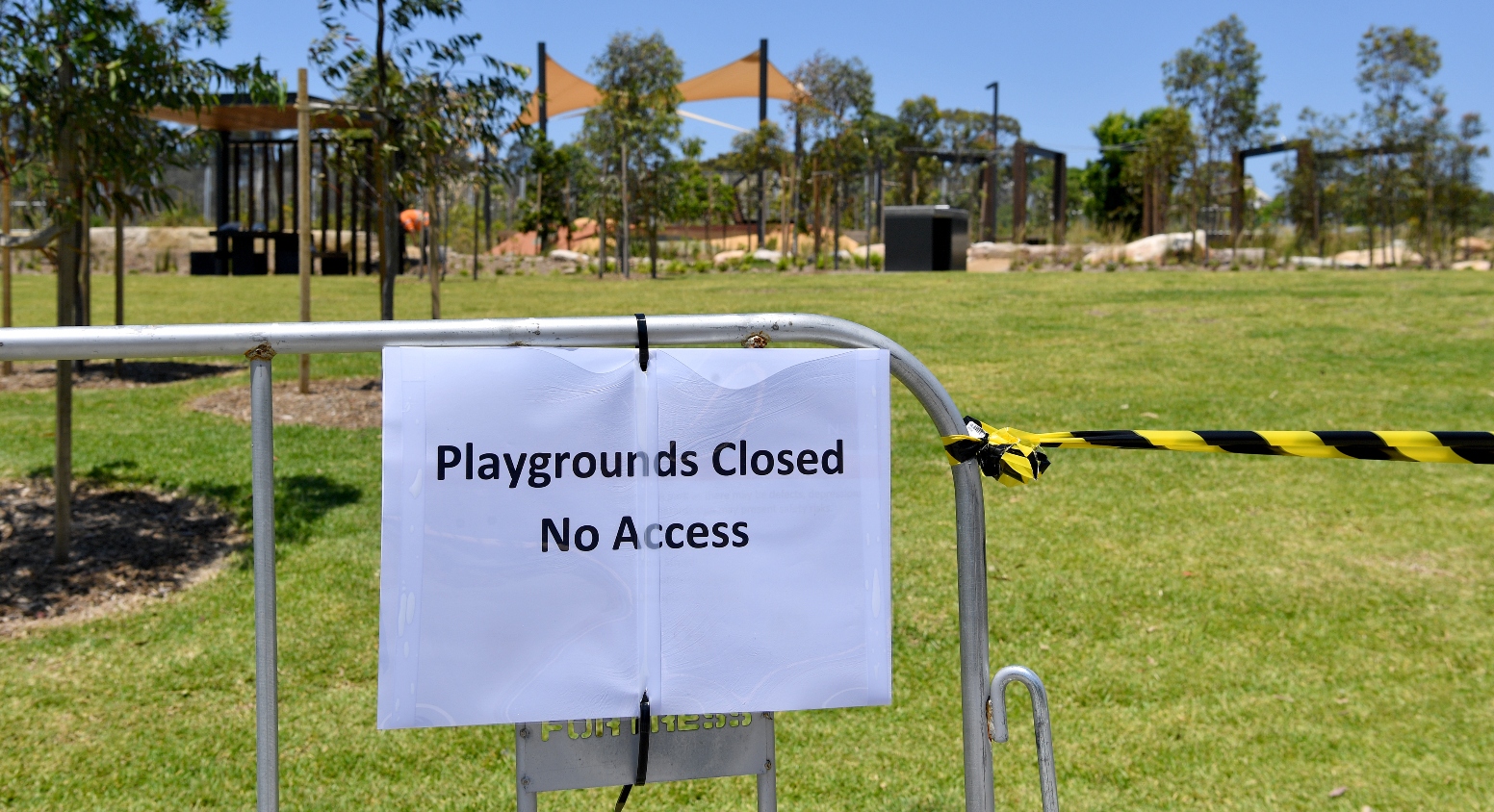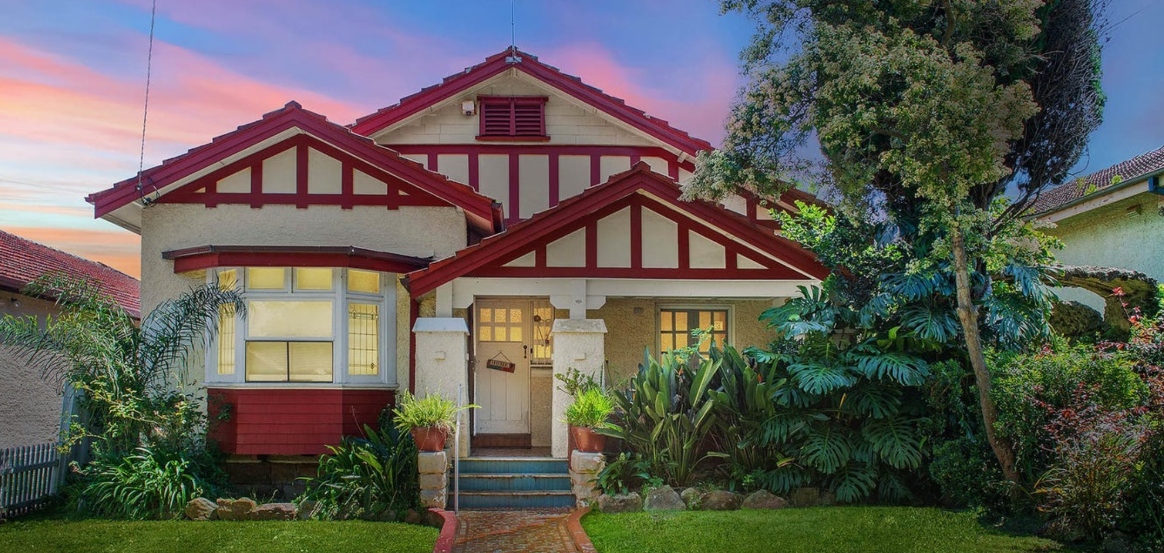
All power is local
Councillor Daniel Kogoy’s bright idea that Leichhardt Council build – or sponsor – a windmill to generate its electricity, got me thinking of the Councillor who was sometimes accused of tilting at windmills: the late, great Nick Origlass.
Origlass represented Balmain on Council from 1959 to 1995, but without going into his amazing life, let me get to the essence of the man by going back to 1992. Larry Hand, who was later to star in ‘Rats in the Ranks’ and was then the Mayor, asked me if Nick would have any objection to being nominated for an Order of Australia. Undoubtedly Larry had in mind the prospect of honouring Nick’s creation of “open council” and pioneering of urban environmentalism. Forget it, I said, but then added that I’d ask him. Sure enough, Nick wasn’t interested. More than that, he was very worried. ‘Am I going soft?’ he wanted to know. After a lifetime of battling bosses and bureaucrats, he was concerned that anybody could think of giving him an Establishment gong.
Nick saw himself as a revolutionary – in the sense of anticipating (and helping into existence) the future. That future, he thought, would be based on small units of government and the widest participatory democracy. That is why he took Leichhardt Council so seriously. He didn’t idealise it – far from it, just remember he was mostly in opposition on Council. Nevertheless, the “open council” mode of operating was a taste of the revolution to come in the way we manage society. The immediate enemy of this future was the state government. Macquarie Street wasn’t really interested in what people wanted; instead it took its cues from vested interests like developers and bureaucracies.
There is little doubt that he was right about that. Most of the local history of the Leichhardt area over the past 30 or 40 years has been the community fighting the barbarians from Macquarie Street. Remarkably we’ve managed to win many of these battles against the state government. Nick Origlass saw these suburban insurgencies – like the campaign to save Callan Park – as part of the grassroots revolution. They were examples of local communities deciding their position on an issue and then campaigning to make it happen.

Which brings me back to Daniel Kogoy’s windmills. We are faced with an existential threat to the very conditions of a decent life on this planet because of global warming. One of the chief culprits is coal-fired power stations – responsible for about a third of our greenhouse emissions. Clearly state and federal governments are not sufficiently serious about meeting this danger. They fiddle while the planet burns.
So Councillor Kogoy has proposed that we – the local citizenry – consider taking some action of our own. If the windmill is feasible, Kogoy wants to form a co-operative to build it. He’s calculated that it will cost $5-6 million to build one big enough to satisfy the council’s demand for electricity. Given that Council’s electricity bill is already $1m a year, a windmill selling its power to Council will only take six years to pay for itself. It would also be the first of a whole network of local renewable power generators across the country.

In other words, Cr Kogoy wants to expand the Origlassian idea of community self-government into solving the crisis of climate change. There will be plenty of argument for and against his windmill idea, but even if it proves Quixotic, it will have begun a discussion we have to have.
by Hall Greenland




